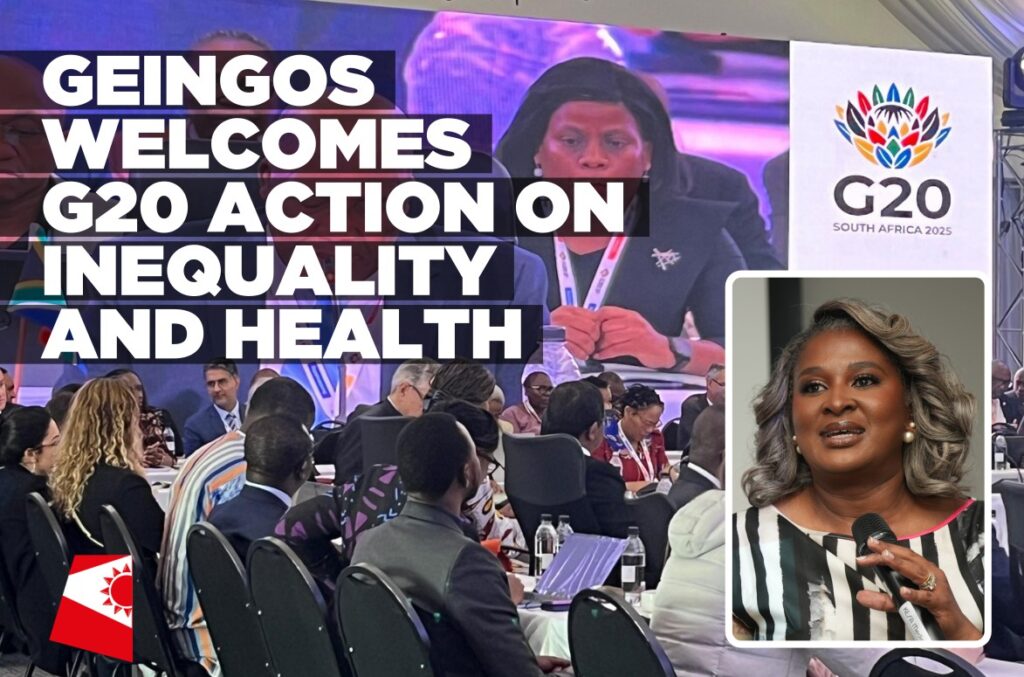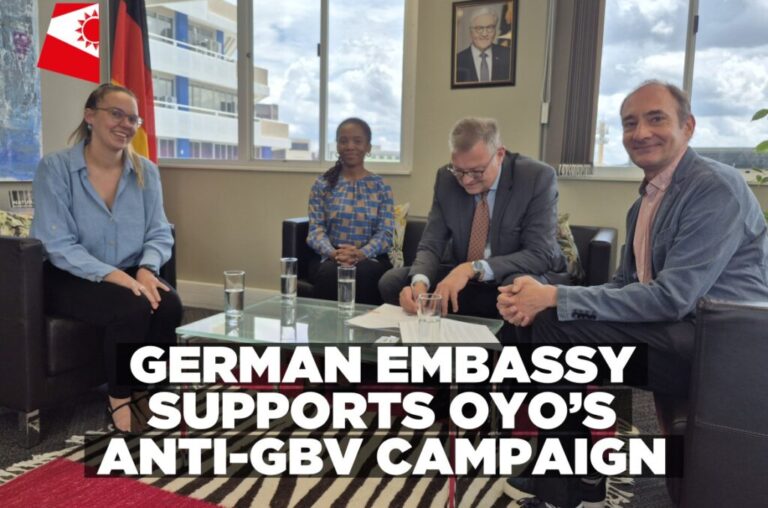
Staff Reporter
THE G20 Ministerial Meeting in Polokwane has adopted a statement outlining concrete global actions to protect public health by tackling inequalities that fuel pandemics such as HIV/AIDS and tuberculosis.
The measures align strongly with recommendations from the newly released Breaking the Inequality-Pandemic Cycle report by the Global Council on Inequality, AIDS, and Pandemics — co-chaired by Nobel laureate Joseph Stiglitz, epidemiologist Sir Michael Marmot, and Namibia’s former First Lady and One Economy Foundation Executive Chairperson Monica Geingos.
The report, launched earlier this week, warns that inequality is making pandemics more frequent and harder to control, while pandemics are deepening global inequality. Key recommendations reflected in the G20 statement include expanding affordable access to pandemic-response medicines, addressing crippling national debt that undermines health systems, and tackling broader social determinants of health.
UNAIDS Executive Director Winnie Byanyima commended South Africa’s leadership of the G20, while Stiglitz urged wealthy nations to remove barriers to medical technologies needed across Africa.
Namibia’s Monica Geingos emphasised that the G20’s policy direction confirms that narrowing inequality is both a moral and economic imperative. She noted that the evidence is clear: breaking the inequality-pandemic cycle benefits every country, including Namibia, by strengthening health security and resilience.












